What is an exit interview?
An exit interview is the process by which information is collected from an employee leaving your company.
Why should I conduct exit interviews?
- Turnover and retention are concerns for many companies; finding out reasons why employees leave helps companies address unwanted attrition.
- Stay interviews are another option and may also be helpful for organizations seeking to build retention strategies; however, employees may speak more candidly when they leave the company, particularly if assured confidentiality.
- Exit interviews can identify trends over time (for example, if you are working on your benefits programs, you might see how the exit interview benefit ratings track to analyze the success of your efforts).
- Exit interviews can identify problems early on. Often employees leave without stating the real reason. They may not want to hurt their managers’ feelings. You can be assured that other employees may have the same issues. It is possible through early identification of larger concerns to address these before more turnover occurs.
- Occasionally, you may find that a fantastic employee is leaving for a reason that is easily corrected, and you might choose to ask that employee to rejoin or stay with the company.
What questions should I ask in an exit interviews?
- Catapult provides a sample exit interview, but questions should be built related to your particular company.
- Overall, it is useful to ask or some basic information such as how long employment lasted, the department or supervisor and reasons for leaving if the survey is truly confidential.
- You may wish to have a list of potential reasons for leaving along with an “other” column to assist with quantifying and reporting data. Trends are hard to track when everyone answers a question differently.
- Lastly, you may want to ask who the new employer is, what type of compensation will be received, and what the job duties will be like.
- Attitudes on common employment areas such as benefits, pay, onboarding, performance appraisals and manager support can be helpful. If you do an annual employee survey, you might choose to tie in some of the same questions.
- Each department within an organization may have specific areas they wish to focus on – that data should be included in the exit interview. As such, each organization may have unique needs, resulting in different types of exit interviews.
Should exit interviews be conducted in person, online or in writing?
- Generally, exit interviews that are conducted in person by a trained company representative may provide more useful information than other methods.
- However, depending upon how employees are dispersed, company size and availability of trained staff, it may make sense to conduct exit interviews online.
- Further, exit interviews could be mailed, however, response rates tend to be lower.
- Lastly, some companies choose to outsource the exit interview process to further ensure confidentiality and to alleviate employee feelings about burning bridges.
How should I conduct an in-person exit interview?
- In-person exit interviews should primarily be done with employees who are voluntarily leaving the organization.
- Provide a general expectation of confidentiality, with the exception of certain issues such as sexual harassment, criminal activity, etc.
- Describe how the data is reported back to management, for example, all reports are combined by department and reported quarterly. Let the employee know what is done with the data – for example, if trends are identified then the appropriate action plan will ensue.
What do I do with exit interview results?
- Crafting exit interview questions is important with regard to reporting results.
- Using a rating scale for questions enables the data to be summarized numerically.
- Multiple choice questions (such as reasons for leaving) permit information to be reported consistently.
- Open-ended questions can be reported together by question, thereby assisting with de-identifying the information. It may be helpful to summarize the comments with an overall concept such as: Management concerns, Pay concerns, etc.
- Compiling and reporting exit interview data together with turnover or retention data makes for a very useful report for executives and senior managers. It also supports recruiting, benefits administration and many other areas of the organization.
Should my organization have a policy on exit interviews?
An exit interview policy is a great idea for multiple reasons – it’s not a surprise for employees when they receive the request and it’s an opportunity for assurance regarding confidentiality. Some components of an exit interview policy could include:
- How exit interviews are conducted (face-to-face, electronically, by mail, etc.).
- Whether participation is voluntary (generally, yes)
- Reassure employees about the confidential nature of the interviews.
- Explain how data is reported.
What resources are available to help me with exit interviews?
Catapult is available to assist with the development of an exit interview questionnaire and online survey. We also offer samples and guidance through our Advice team.
Note: Review state laws for state-specific provisions.
Written by a Catapult Advisor

